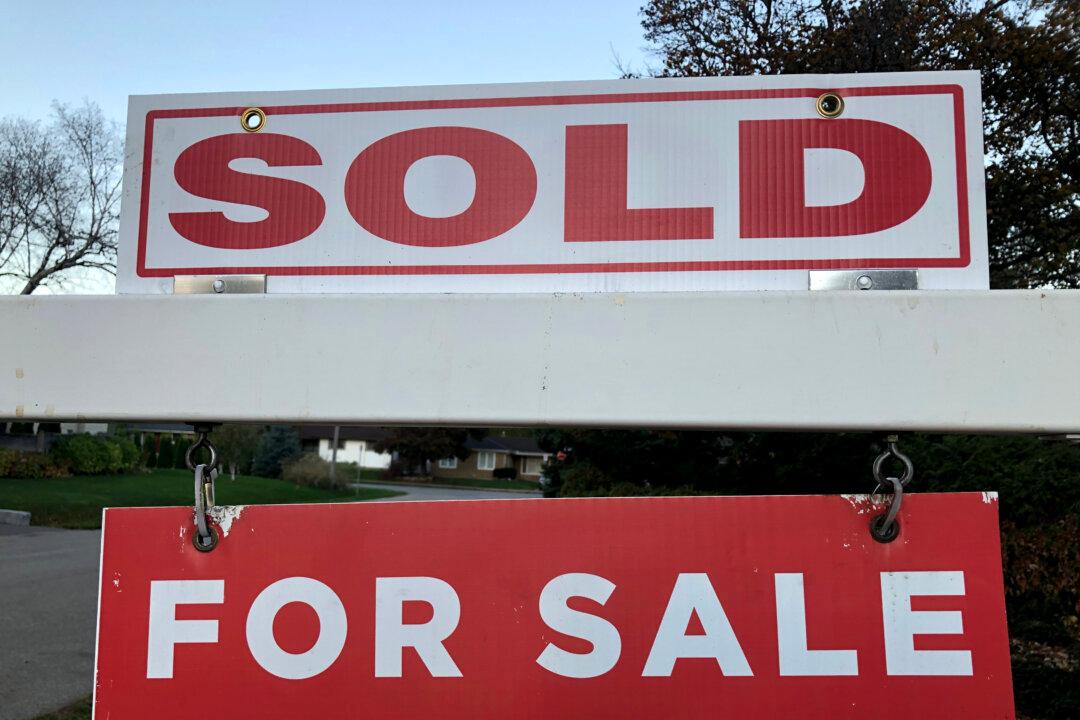Canada’s real estate sector is increasingly targeted by fraudsters and money launderers, according to a government analysis. In response, the federal finance department has outlined new anti-fraud regulations for realtors and title insurers, set to take effect on Oct. 1, 2025.
“Fraud, a well-known predicate crime to money laundering, is on the rise in the real estate sector, with increased reporting of criminals using title fraud to steal ownership of a home to benefit from its value,” stated the Regulatory Impact Analysis Statement, published in the Canada Gazette on Jan. 1 and first covered by Blacklock’s Reporter.





